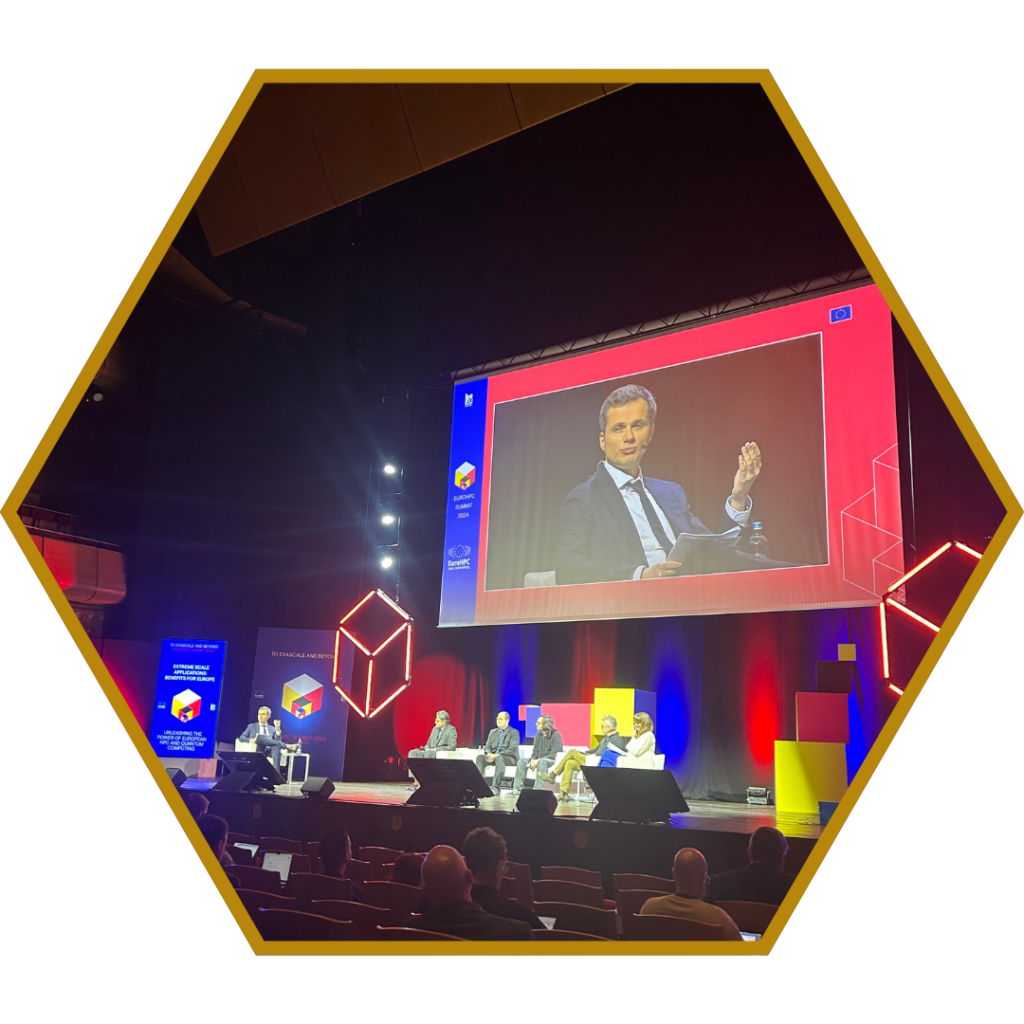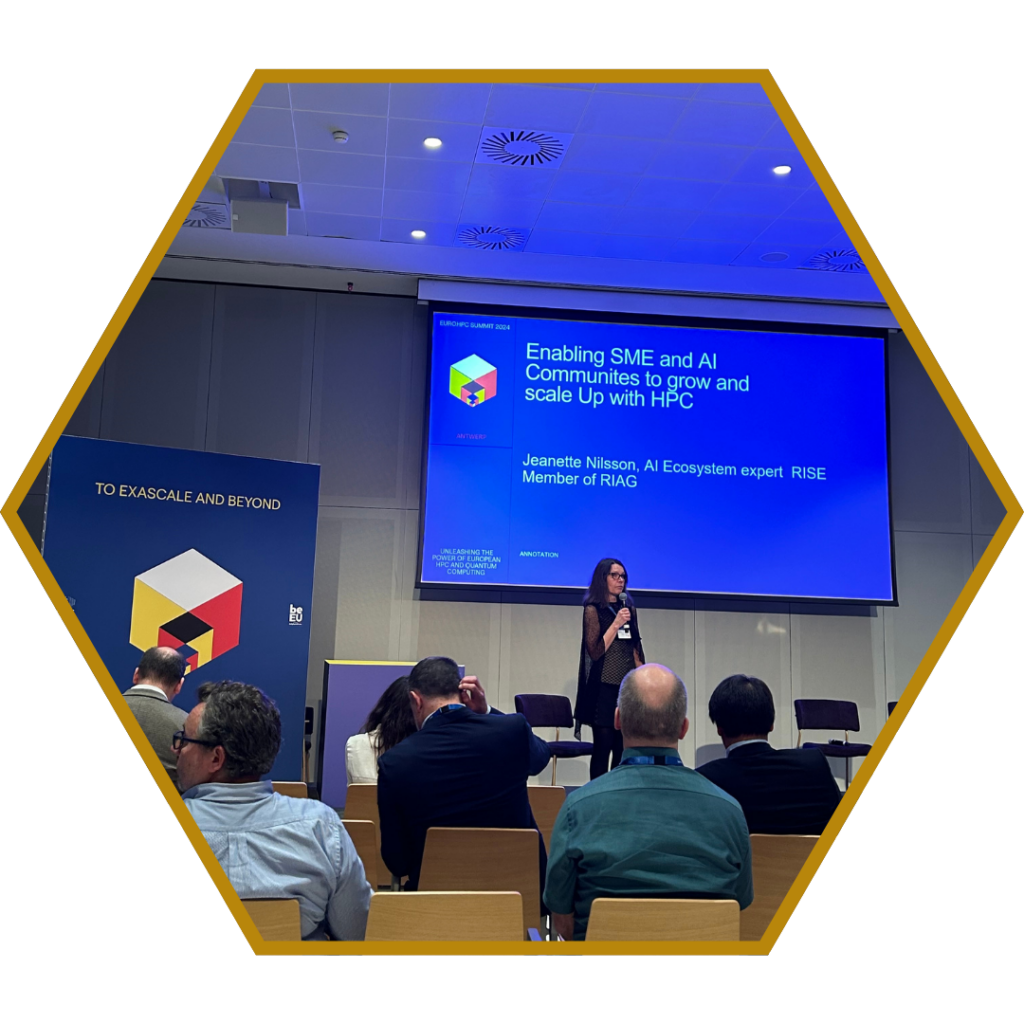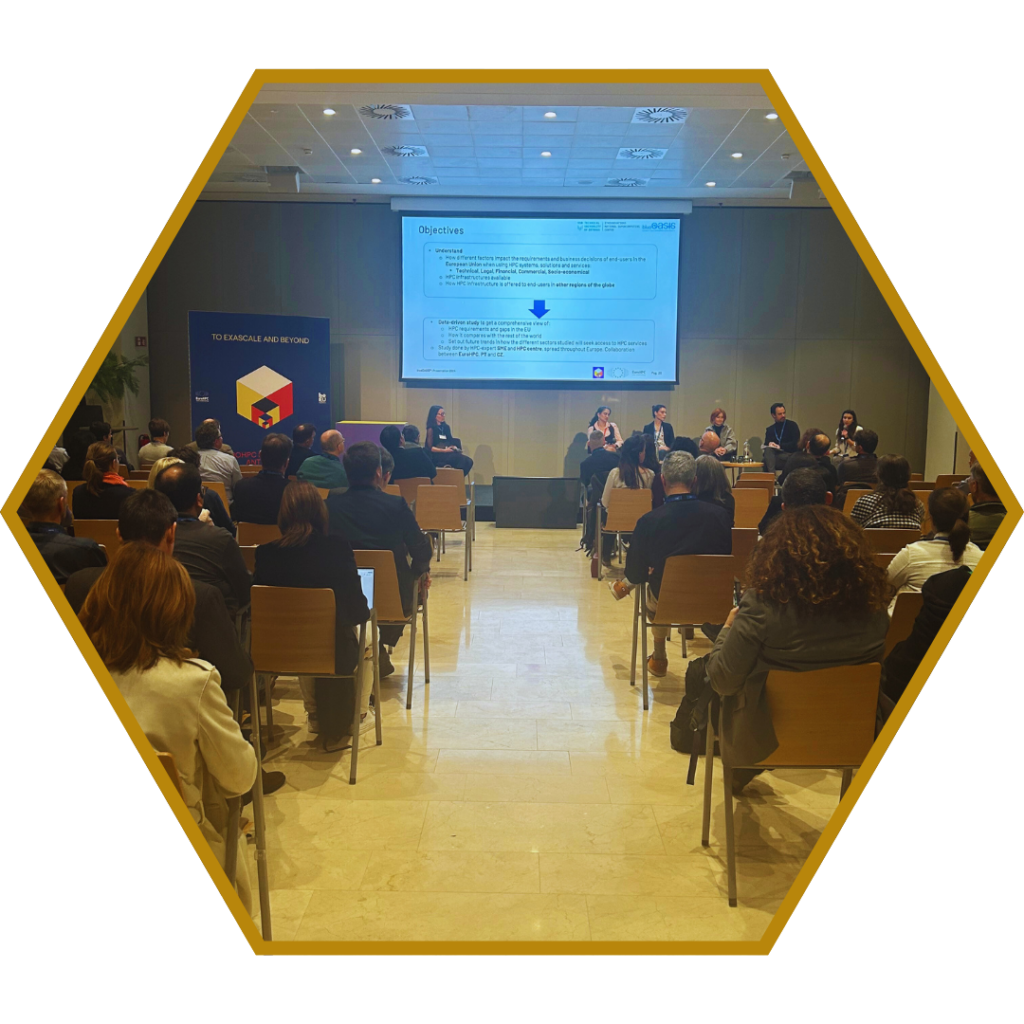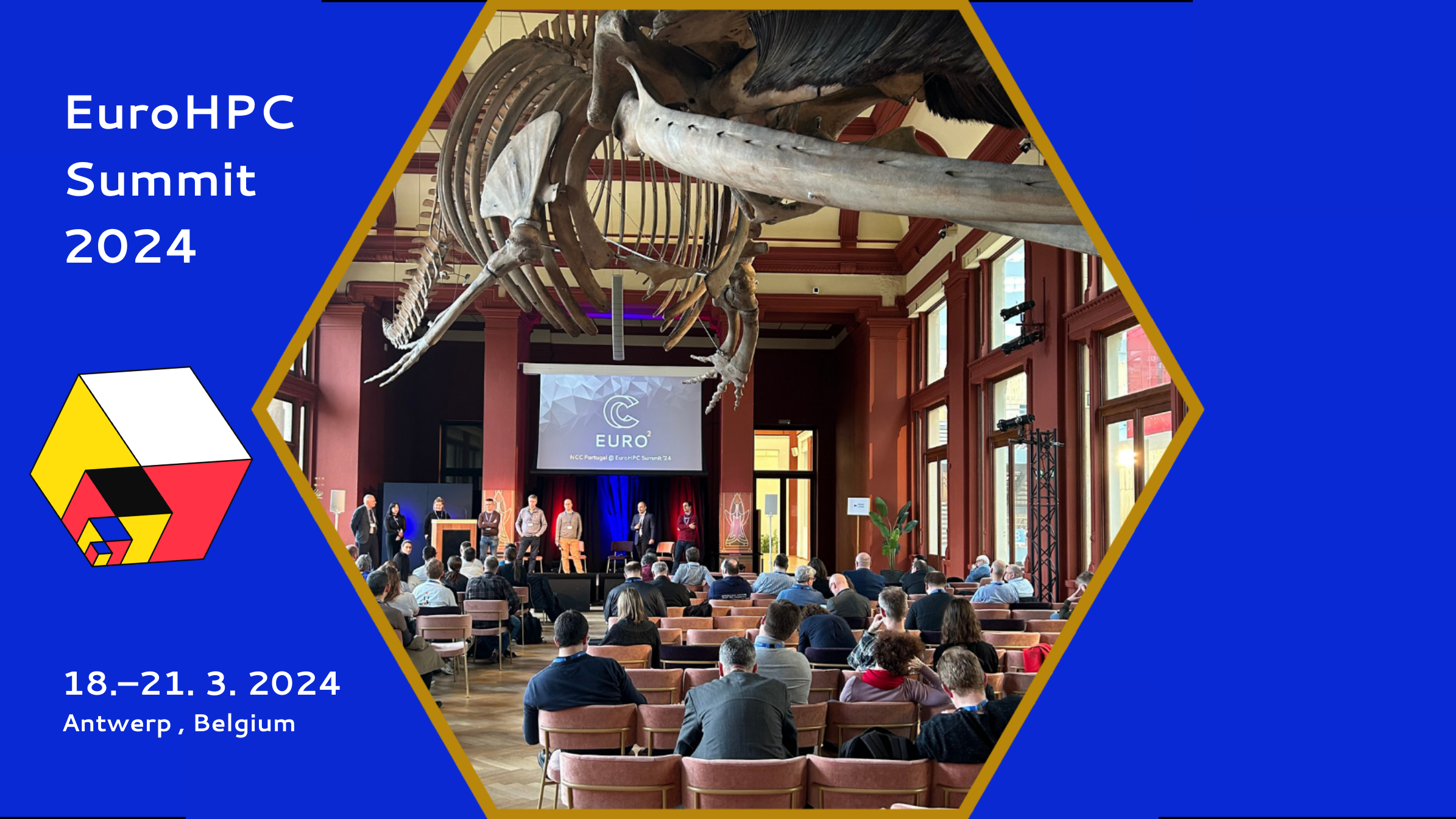Collaboration between enterprises and scientists in high-performance computing (HPC), simulation, data analysis, and AI was a major topic at this year’s EuroHPC JU Summit. Panel discussions focused on the needs and challenges that businesses face in relation to the use of high-performance computing. Moreover, the fact that even humanities-focused projects are increasingly benefiting from the use of HPC was also emphasised.
“The use of supercomputers can help better understand us as human beings,” said Professor Julie M. Birkholz of Ghent University, who cooperates with the Royal Library of Belgium, in the first panel discussion on the conference’s third day. However, it is often the case that scientists based in the humanities and social sciences have neither experience with digital technologies nor with data analysis and supercomputers – they are thus reluctant to use them.
Yet collaboration between scientists across scientific fields yields valuable results. “For example, the automatic detection of data from historical handwritten records will help address climate issues. In turn, data from demographic and sociological measurements and journals can help address societal issues,” says Julie Birkholz. Of course, significant added value is also created by integrating scientific knowledge with industry and real-life applications.

Enterprises want to use the European supercomputing network,
but they need to be granted easy access
Last year’s EuroHPC Summit identified the need for intensive cooperation with industry. A year later, we better understand the needs and opportunities to enable SMEs or AI communities to access supercomputing technologies better. These are the tools that will allow them to grow and increase their efficiency.


Thanks to the European supercomputing network, enterprises appreciate that they can use the most advanced technology available. The field of supercomputing and AI is evolving rapidly, and it would be too expensive and challenging for SMEs to run their supercomputer. At the same time, they can use various specific architectures in the network instead of just one.
The conference showed that the pressing issues for enterprises include easy access to supercomputing clusters through unified software and services across different operators, real-time technical support, and data retention and security.
The traditional European HPC, AI, and QC community meeting was attended by EU political leaders, representatives of supercomputing centres, including IT4Innovations National Supercomputing Center, and industrial companies. The four-day summit took place in Antwerp, Belgium, from 18 to 21 March and was attended by 700 visitors.
For more, please read the IT4Innovations (IT4I) website. You will learn, for example, about the panel on energy efficiency of supercomputing systems, where one of the speakers was Ondřej Vysocký from the IT4I Infrastructure Research Lab.
Follow us!
You will never miss new courses and updates.




